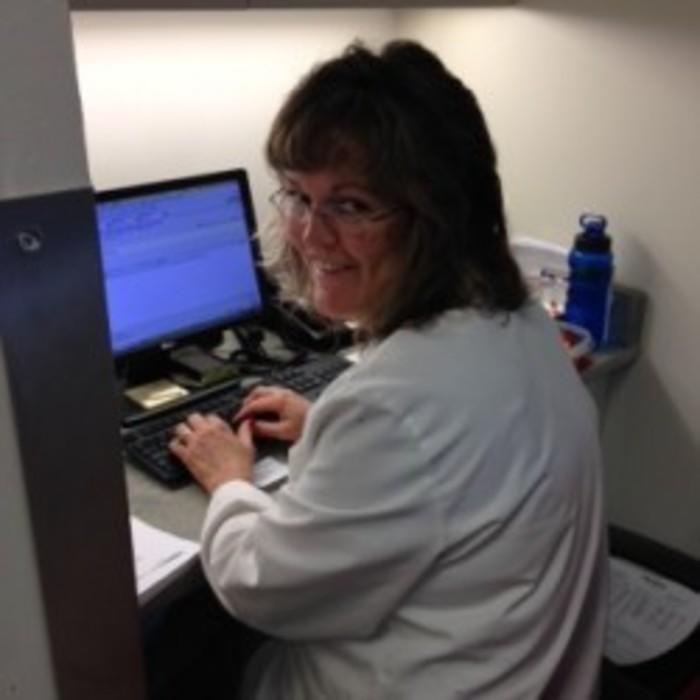
This is far from an exhaustive list of all the initials associated with the fields of veterinary and alternative medicine. Some states or provinces restrict the practice of chiropractic medicine to humans only.
For example, a Doctor of Chiropractic (DC) is a human chiropractor who also treats animals a DC wishing to treat animals either pursues study in animal chiropractic, or holds a DVM or a VMD degree. Chiropractors correct these problems with adjustments in the form of spinal manipulations and applied pressure.Īccording to the American Veterinary Chiropractic Association ( AVCA), chiropractic care can benefit any animal suffering from pain, injuries, muscle and nerve problems, internal medicine disorders, lameness, and other issues.Ĭertification and practice in the area of veterinary chiropractic vary widely. When problems with this relationship arise, various health conditions result. This is a drugless form of therapy based on the relationship of the spinal column to the nervous system. In most states and provinces, veterinary acupuncture is considered a surgical procedure and may only be administered by a licensed veterinarian. Acupuncture corrects this by inserting any number of small needles in specific points to restore health. When a pathway is blocked, sickness results. According to the American Academy of Veterinary Acupuncture ( AAVA), acupuncturists treat a range of conditions and illnesses including pain, gastrointestinal disorders, respiratory problems, musculoskeletal disorders, urinary disorders and dermatological problems.Īcupuncture is traditionally defined as a method to assess and rebalance the flow of energy (qi) that travels along the body’s 12 main linear pathways. AcupunctureĪn animal acupuncturist (CVA) offers an alternative approach to solving isolated or chronic issues without drugs or surgery. It encompasses other alternative healthcare practices, including homeopathy, acupuncture, yoga, herbal treatments, osteopathy, hydrotherapy, massage, nutrition and dietary therapy. Naturopathic medicine also uses the body’s inherent healing powers to restore and maintain overall health. Homeopathy is based on the concept of “like cures like”, where disease is treated with highly diluted but potent remedies that produce the same symptoms, thereby stimulating the body’s natural healing abilities. Once licensed, a DVM or VMD may choose to incorporate an area of holistic medicine into his or her practice, such as homeopathy (CVH) or naturopathy (VND). Both DVM and VMD indicate the individual has graduated from a veterinary school. They may choose general practice or seek board certification in a particular area of specialization. Licensed veterinarians diagnose and treat animals, or may pursue laboratory work, research, or teaching.


The first notation you’ll usually see is an indication of a veterinary degree: either DVM or VMD. Here is some basic information about a few of the more commonly-seen initials. Veterinary Designation can be complicated.


 0 kommentar(er)
0 kommentar(er)
